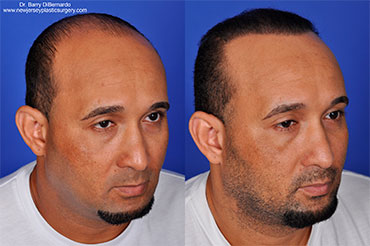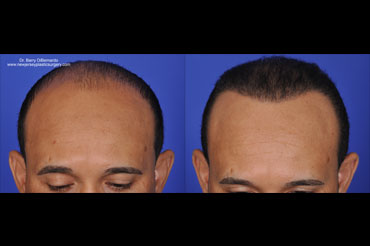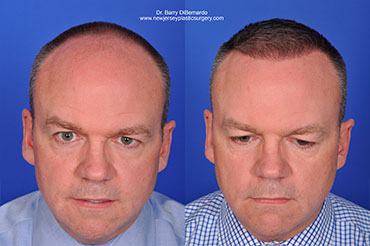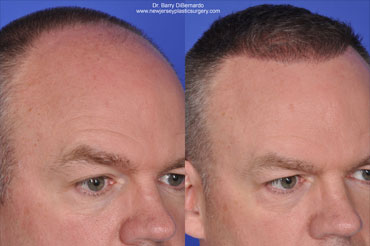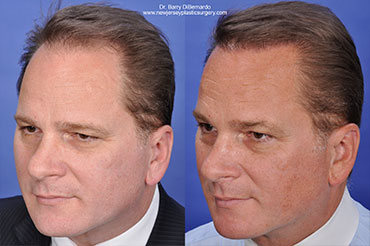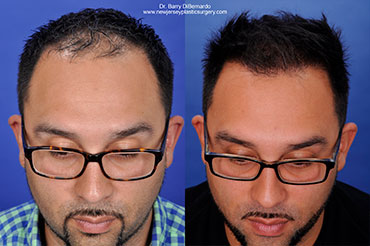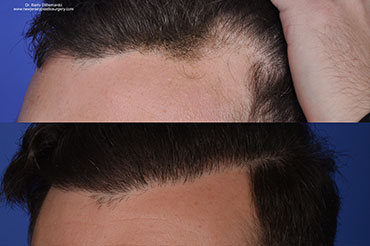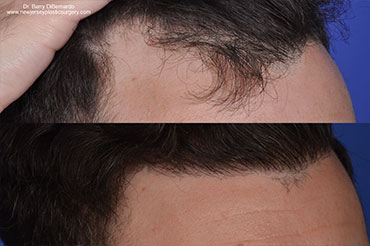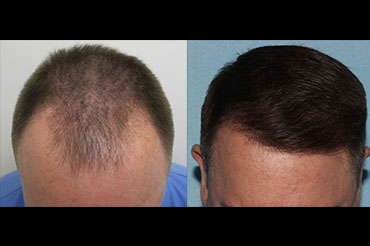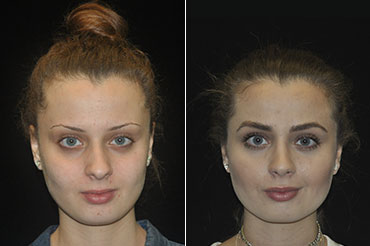Good Hair Restoration Isn’t Cheap. Cheap Hair Restoration Isn’t Good: Unveiling the Dangers of Hair Restoration Amid a Rise in Medical Tourism.
Posted in General
Published on January 29, 2025

Board any outgoing flight leaving from Istanbul and chances are you may find yourself surrounded by balding individuals with blood-soaked head bandages headed home to recover from a surgical hair restoration procedure. Despite many warnings, thousands of individuals suffering with hair loss flock each year to clinics in countries, like Turkey, where medical tourism is on the rise and treatments are available at a fraction of the cost of their homeland. But, when it comes to hair restoration, there is an adage that warns that good hair restoration isn’t cheap, and cheap hair restoration isn’t good. While there are certainly qualified and ethical hair restoration specialists in Turkey, the fact of that matter is that many of the clinics in this country, who treat on average of 150-200 patients each week, are latent with unqualified practitioners in unregulated clinics that prioritize profit over patient safety. The majority of these clinics lack proper licensing and fail to adhere to stringent medical guidelines, increasing the risk of complications and subpar results.
So if this risk is so great, why do thousands of patients continue to fly to this war-torn country for hair restoration procedures? For those with progressive hair loss, a heightened risk of infection and potential need for corrective surgery, factors that would stop most from pursuing this path for hair restoration, the decision often comes down to financial motivation. Hair transplantation is exponentially cheaper in Turkey, and the promise of a restored hairline at a fraction of the cost is often enough motivation to dismiss any causes for concern one might stumble upon in the late hours of the evening while combing the internet for hair loss solutions. But it’s easy for those experiencing the emotional toll of hair loss to get swept up in false promises. In their pursuit of attracting clients, certain Turkish hair transplant clinics make exaggerated claims, promising guaranteed results and a bevy of success stories that may not necessarily paint an accurate picture. If money is the ultimate factor, it is critical to understand that in the field of hair restoration, you truly do get what you pay for. While patients may enjoy the initial benefits of a low-cost procedure by flying to Turkey, many fail to take into consideration the long-term financial consequences of their decision.
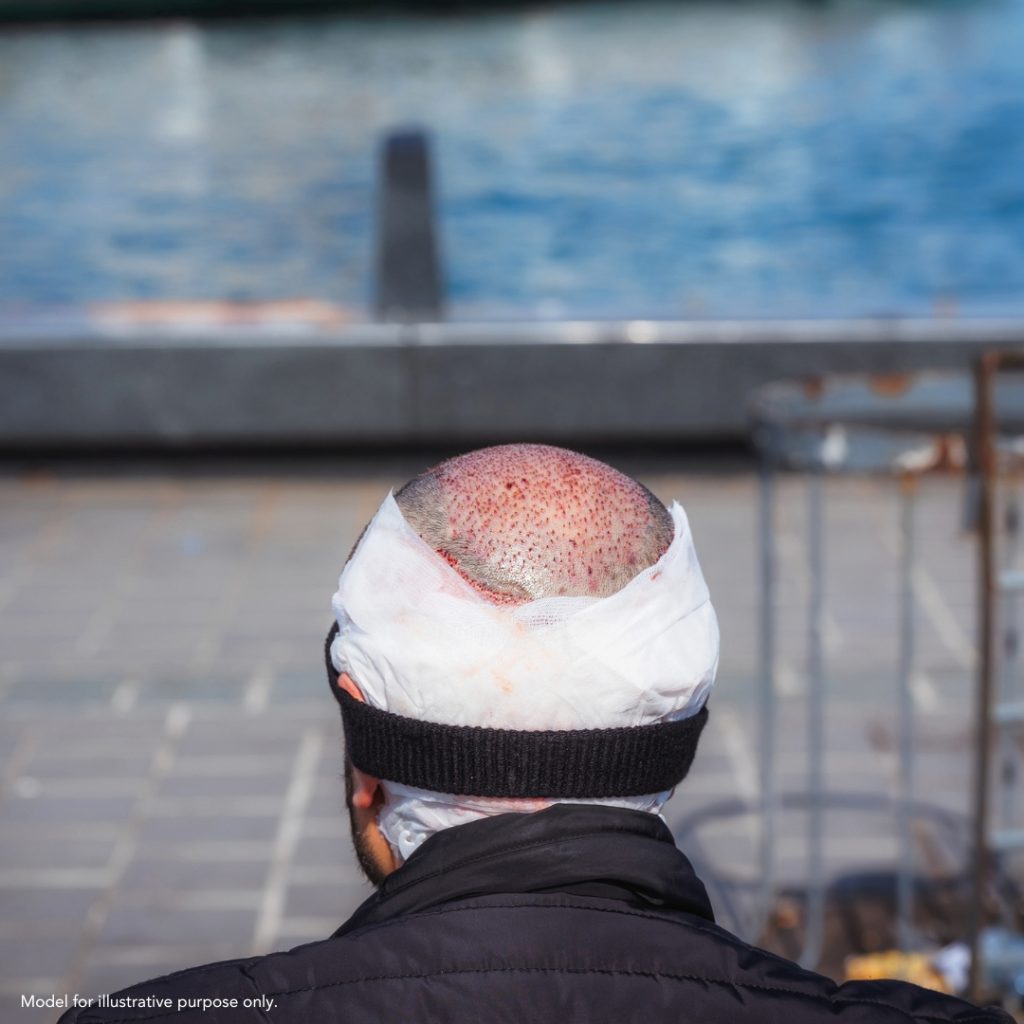
For patients, the ramifications of weighing cost over safety may include infection, surgical scarring, donor site overharvesting, and unnatural hairlines. Many Turkish hair transplant clinics often employ undertrained technicians to perform surgeries, whose lack of experience increase a probability of errors. Patients are left with unsatisfactory outcomes and potential complications that can last a lifetime. Despite legal requirements in place to protect the patient that require the procedure be performed by a medical doctor, it is not widely regulated and the nurses and technicians who do perform these procedures have little supervision, only calling upon the physician in extremely complicated cases. Subpar talent is not the only place where costs are cut. In addition to hiring unqualified clinicians, many hair transplant clinics do not adhere to strict hygiene standards and maintain substandard sanitary conditions, leading to post-operative infections, including the risk of acquiring serious conditions, such as hepatitis or MRSA (Methicillin-resistant Staphylococcus aureus). The risk of developing these types of infections is higher when surgeries are performed in unclean surroundings. A patient returning from a FUE hair transplant in Turkey experienced infection at the implantation site and sought the care of SmartGraft partner, Smart Solutions RX. The patient was treated topically with SMART eXo and showed improvement after just one week, but he may experience permanent scarring because of the procedure, a risk that might have been minimized had he sought a qualified physician in a country where there is more medical oversight and regulations in place to protect the patient.
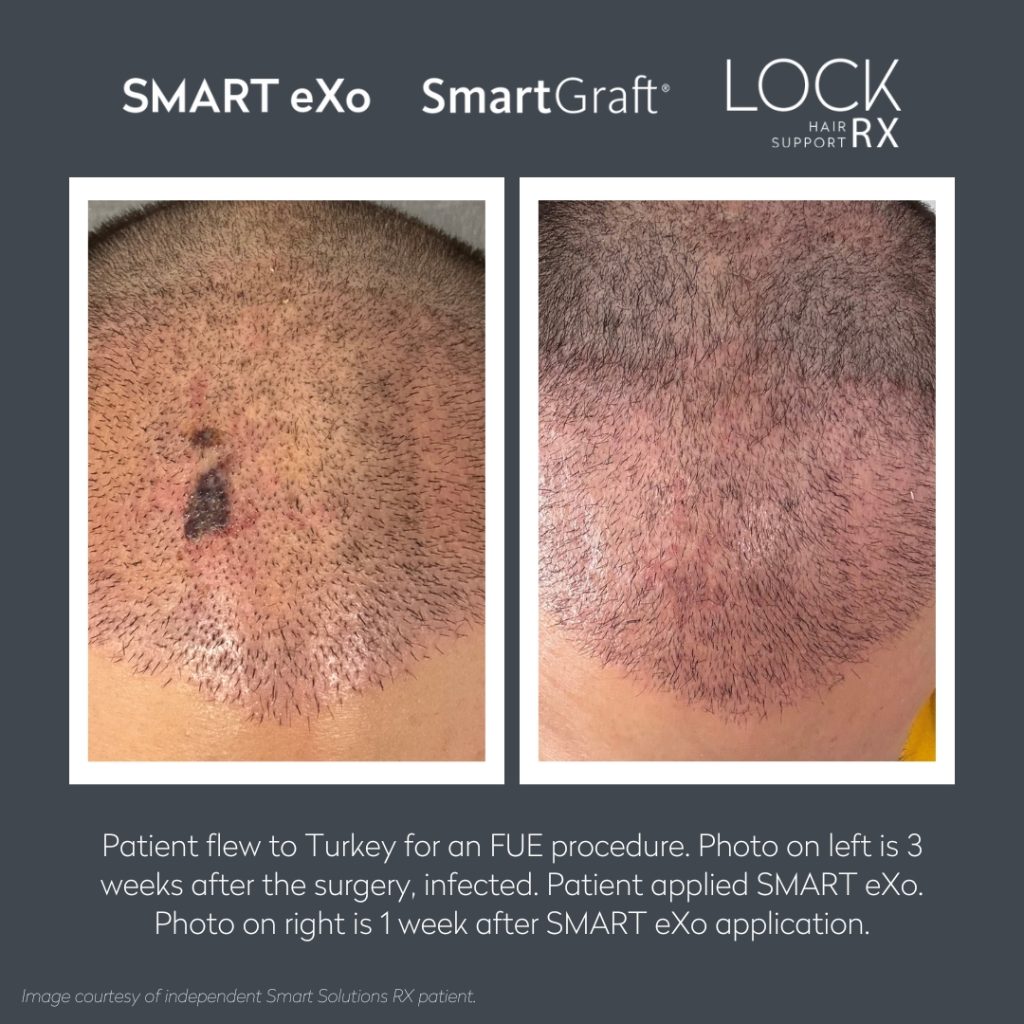
In the late hours of the evening while perusing Google, patients often fail to realize that the danger begins the moment they complete that interest form. Once the submit button is clicked, the patient will receive an email that invites them to a complimentary surgical consultation, but many of these clinics practice inadequate screening methods that are either completely disregarded or insufficient during the pre-operative evaluation process. By failing to capture a complete patient health profile, the risk for things to go wrong exponentially increases. If the patient does move forward with the procedure, their package might include flight, meals, and an overnight hotel stay. Should the patient require post-operative care and follow-up, they typically have just 24-48 hours after their procedure to do so, as they are flown back home with little to no support or guidance after their procedure. This lack of follow up care can lead to post operative surgical complications that, at minimum, can cause the patient recovery process to be uncomfortable, and in some circumstances, may result in permanent damage that requires correction from a qualified physician. In a census among physicians in the International Society of Hair Restoration Surgery (ISHRS), 96% of physicians reported that up to 25% of the hair transplant repairs they performed in 2022 were due to black market surgeries such as those conducted in these unregulated Turkish clinics. While the promise of a cheap procedure is enticing, the scary reality is that a large number of patients will heavily pay for their decision on the back end, later requiring expensive corrective consultation and surgical follow ups.
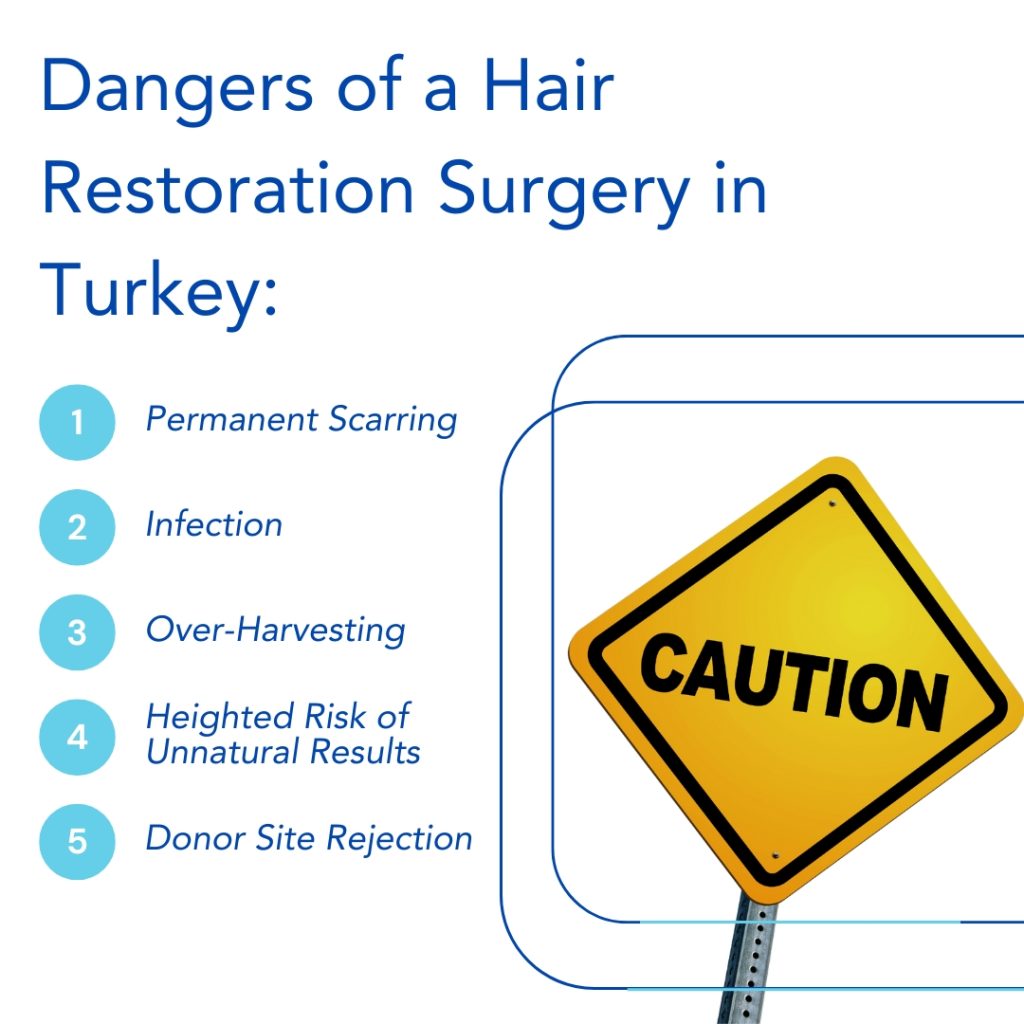
While there are success stories from individuals traveling to Turkey for hair restoration, there are more who fly home bandaged and scarred both emotionally and physically from substandard care and inexperienced practitioners. According to the American Hair Loss Association, that while patients who seek transplantation from unregulated transplantation markets overseas may inititally be pleased with their results, may come to find that the “density and geometry that seemed appealing immediately after surgery can quickly become disjointed from the natural pattern of hair loss…the severe depeltion of the donor zone and the permanent nature of poorly planned transplant parents often leave little room for meaningful corrections.” While Turkey may be a tempting destination for hair transplant surgeries due to its affordability and popularity, it is essential to be aware of the potential dangers associated with the industry. Unregulated clinics, lack of qualified practitioners, substandard sanitary conditions, unrealistic claims, and inadequate post-operative care are all factors that can compromise patient safety and satisfaction. While hair transplantation can be successful, every individual is unique, and outcomes vary. Patients should be cautious of clinics that make unrealistic promises as they often prioritize marketing tactics over ethical practices. Before deciding to undergo a hair transplant procedure, it is crucial to conduct thorough research, consult with trusted medical professionals, and prioritize patient safety over cost considerations.
SmartGraft by Vision Medical Inc. serves as manufacturer of a medical device that helps physicians to perform hair restoration procedures using a method known as Follicular Unit Extraction (FUE) alongside non-invasive solutions that help to support every patient’s hair health experience. Vision Medical, Inc. and its sister company Smart Solutions RX remain dedicated in helping patients in their pursuit of smart hair restoration solutions and helping them to choose reputable and accredited clinics with experienced practitioners who prioritize patient safety and well-being. SmartGraft partnering physicians are encouraged to further their craft through recommended educational training, workshops, mentorships, and memberships to organizations that prioritize safe hair restoration practices. To learn more, visit www.smartgraft.com or visit www.smartsolutionsrx.com for information on smart hair solutions.

